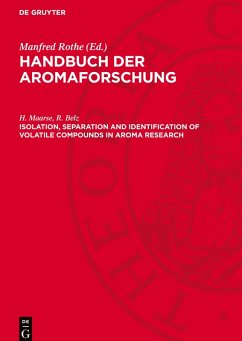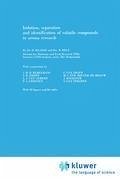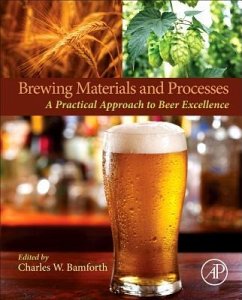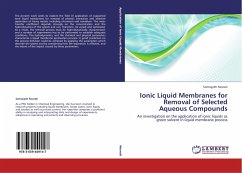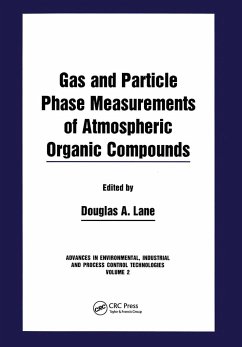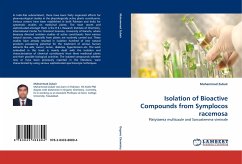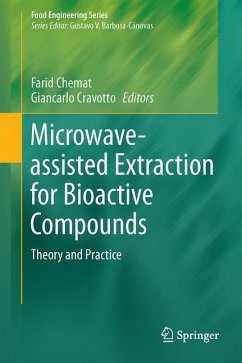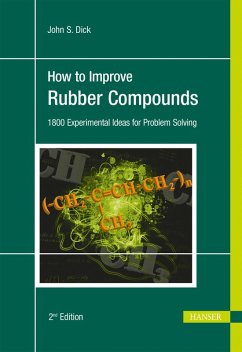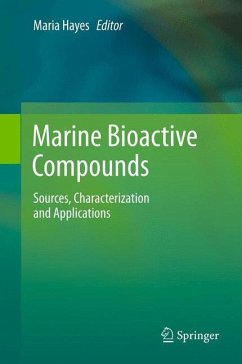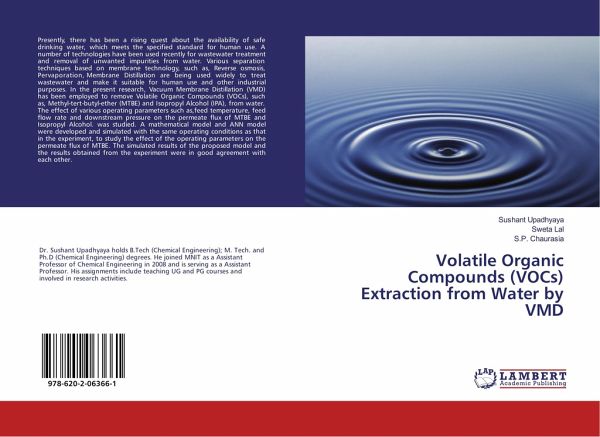
Volatile Organic Compounds (VOCs) Extraction from Water by VMD
Versandkostenfrei!
Versandfertig in 1-2 Wochen
24,99 €
inkl. MwSt.

PAYBACK Punkte
12 °P sammeln!
Presently, there has been a rising quest about the availability of safe drinking water, which meets the specified standard for human use. A number of technologies have been used recently for wastewater treatment and removal of unwanted impurities from water. Various separation techniques based on membrane technology, such as, Reverse osmosis, Pervaporation, Membrane Distillation are being used widely to treat wastewater and make it suitable for human use and other industrial purposes. In the present research, Vacuum Membrane Distillation (VMD) has been employed to remove Volatile Organic Compo...
Presently, there has been a rising quest about the availability of safe drinking water, which meets the specified standard for human use. A number of technologies have been used recently for wastewater treatment and removal of unwanted impurities from water. Various separation techniques based on membrane technology, such as, Reverse osmosis, Pervaporation, Membrane Distillation are being used widely to treat wastewater and make it suitable for human use and other industrial purposes. In the present research, Vacuum Membrane Distillation (VMD) has been employed to remove Volatile Organic Compounds (VOCs), such as, Methyl-tert-butyl-ether (MTBE) and Isopropyl Alcohol (IPA), from water. The effect of various operating parameters such as,feed temperature, feed flow rate and downstream pressure on the permeate flux of MTBE and Isopropyl Alcohol. was studied. A mathematical model and ANN model were developed and simulated with the same operating conditions as that in the experiment, to study the effect of the operating parameters on the permeate flux of MTBE. The simulated results of the proposed model and the results obtained from the experiment were in good agreement with each other.



